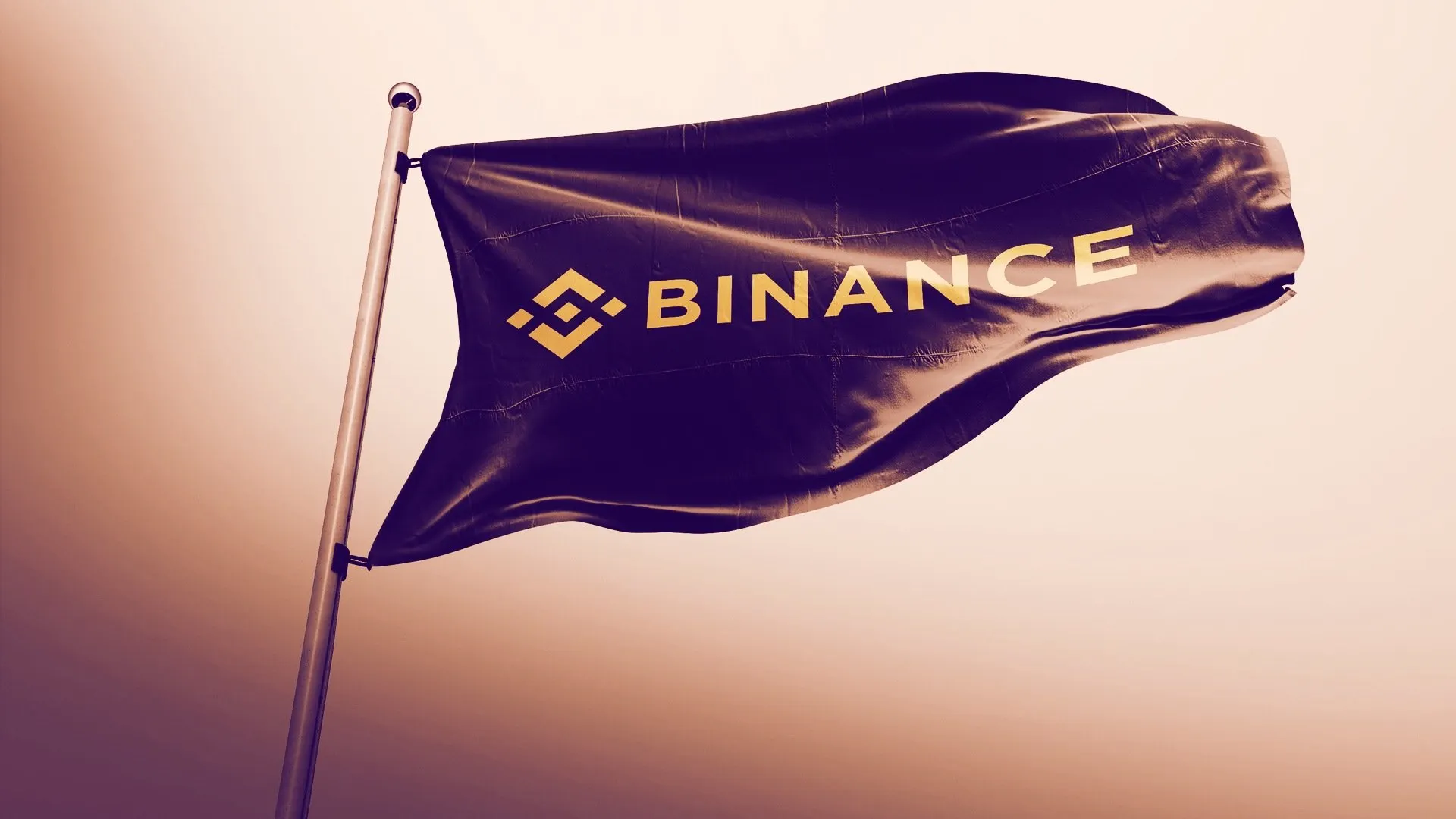In brief
- Binance is operating illegally in Malaysia according to the Malaysian Securities Commission.
- This could make Binance operators liable to a to $2.3 million fine or up to ten years in prison "or both.”
- It could have been blacklisted because Binance recently added a ringgit-to-crypto gateway.
We do the research, you get the alpha!
The Malaysia Securities Commission has said that Binance is breaking its securities laws and that its operators are thus liable for imprisonment. It added the crypto exchange to a blacklist yesterday and advised investors not to use the platform.
Binance is “operating a recognized market without authorisation from the SC,” it said. Malaysian law states that crypto exchanges operating without a license “may be liable to a fine not exceeding RM10 million [$2.3 million] or imprisonment up to ten years or both.”
But Binance has not stopped offering its services to Malaysian users, nor does it intend to do so. While a Binance spokesperson declined to comment on whether it operated in the country, or whether it even serviced Malaysian customers, a customer service operator told Decrypt that “of course” it does and that it is “not at all illegal.”
The customer service representative, “Scarlett,” said that Binance had no plans to stop operating in the country after its blacklisting and that Binance had not instructed its staff to turn away Malaysian customers.
Why did the Malaysian Securities Commission blacklist Binance?
Speaking to Decrypt, Bobby Ong, COO of the Malaysia-based crypto rating site CoinGecko, said that Binance could have been blacklisted because it lacks the license to operate a Malaysian ringgit fiat-to-crypto gateway. Binance recently started making the ringgit available on its peer-to-peer exchange.
“This is against the law,” he said. Just three exchanges are licensed to offer these services: Luno, Sinegi, and Tokenize Xchange. “Everyone else providing fiat-to-crypto onramps are illegal in any shape or form,” he said.
David Low, general manager of Asia for Luno, told Decrypt that Binance could have been blacklisted because it has “actively promoted their platform and services to Malaysians,” and tried to release its own crypto debit card in Malaysia, “without approval nor license from the Securities Commission.”
Other firms on the list include eToro and Fidelity. Ong explained that while firms are flouting Malaysia's law, they have offices out of the SC's jurisdiction, and are thus untouchable. “These platforms don't have local offices in Malaysia. If they did, they would have been raided and shut down by now,” he said.
But Binance, which is headquartered in the Cayman Islands, doesn’t—and eToro onboards its Asian customers to an eToro entity regulated by Australia’s Securities and Investments Commission, a spokesperson for eToro told Decrypt.
“They don't need to answer to SC,” said Ong. Though their websites are accessible from Malaysia, and the SC isn’t responsible for blocking websites, he said.
Low said that Malaysian users trading on Binance “means Malaysian users will be far less protected if things go south.” They will also “not have any legal protection under the Malaysia law” if they continue to use Binance.
“Simply put, Malaysian users will be using Binance at their own risk,” he said.






